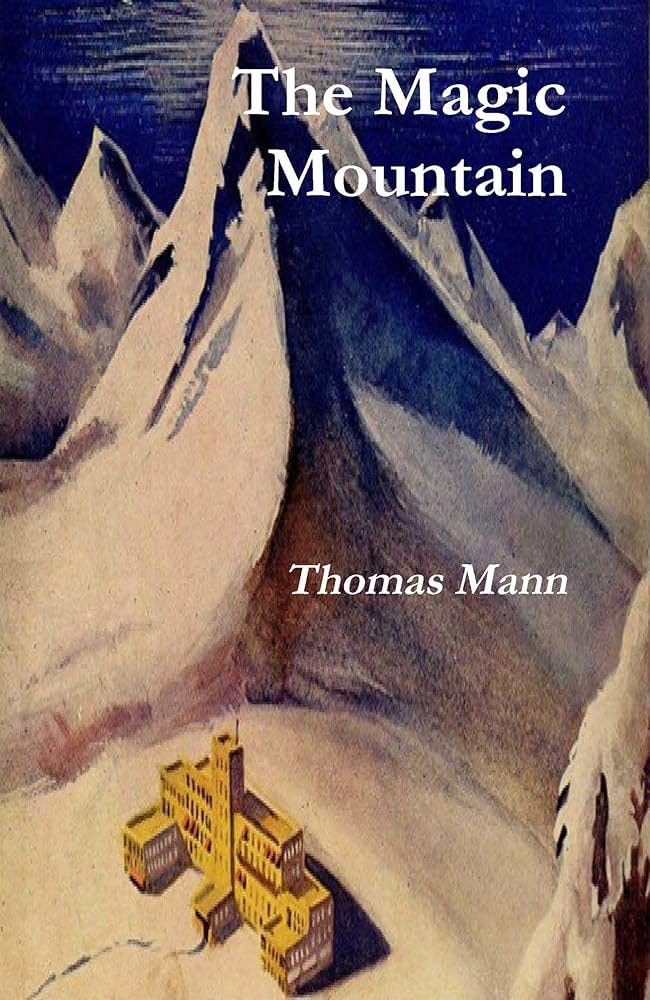a year in shadow
and the best reading of 2024
“The shadow may be far longer than the object that casts it,” Jenny Erpenbeck writes in her novel Kairos, and the observation applies to 2024. Think of Trump winning the election, how his vacuous and unhinged mouthings have very real and sometimes devastating consequences — that’s a shadow falling long and heavy.
Or how political posturing more generally seems to be superseding actual action or ideas. How we have become so alienated from what we consume and how we commune that the shadows on the wall have gained primacy over the bodies casting them. There’s so much talk (though some of our mediated utterings barely merit the designation), the content so frequently flat, without contour that it seems people are more semaphoring positionality than engaging in debate.
Etymologically, to converse means to twist around together, and reminds me of the convolutions of the brain: we’re built for complexity.
In 2025, as I turn toward the more active research phase of my next book, I’ll be looking for nuance, twists, flesh.
The impulse comes, partly, from the exhaustion of covering the year-plus long campaign and its constant barrage of often meaningless messaging. I need a year — I think we all do — of substance over style.
So I’ll be focusing my reading on non-fiction and history this coming year. Send in your recs, please, for great and germane-to-now books, essays, film, art.
(Despite this mini-manifesto, I reject any idea of a clean line between style and substance. And I’ll never leave fiction behind.)
Erpenbeck’s shadow, by the way, was the Berlin Wall.
My best books of 2024
Selva Amada’s No Es un Río (which I read twice in the last two months); Paul Lynch’s Prophet Song (which almost made me throw up — a good thing for a book), Mohamed Mbougar Sarr’s The Most Secret Memory of Men (easily my most enjoyable, engulfable novel of the year);. Ben Lerner’s new book of poems, The Lights; Cristina Rivera Garza’s El Invencible Verano de Liliana; and Balam Rodrigo’s Marabunta.
I also went on a physics kick this year, and really enjoyed that window I cracked into our efforts to, in the most elemental sense, understand the way things are, how they work. I read works by Sean Carroll, Brian Greene, Carlo Rovelli, and Benjamin Labatut.
Sean Carrol said in a recent podcast on emergence theory that you can ask of anything, Why is this particular thing the way it is right now? And the answer always is: “Because of the initial conditions of the universe and the laws of physics.” You can extrapolate it all.
My perennial hope:
that I never lose the feeling of looking back on my prior self and thinking what a fool, what an ingenue I was. In my year-end post from last year, I hoped to read 12 books in Spanish and 12 books of poetry. This is how I explained it:
I plan to read a dozen books in Spanish and a dozen books of poems. The rest will take care of itself as it always does, chasing one title after another.
I write so much for work, where I’m squished into particular styles (daily or investigative news, with a shake of Arizona Luminaria house style along with my occasional essays for other outlets) which is fine and good and fun and useful, but I’m also worried about forgetting how to write outside of those modes. My hope is that reading more in another language and in another genre will help keep me fresh.
I didn’t meet my goal. I read nine books in Spanish and four books of poems — falling short on both counts. In total, I read 35 books, including Thomas Mann’s doorstopper The Magic Mountain, which was probably actually the best book I read this year.
Writing
I published a book, wrote 50 or so articles for Arizona Luminaria, published two long essays with New York Review, and was also interviewed probably 50 times, maybe more. Here’s a recent interview I did with New York Review about covering borders and jails, including a bit of my family history.
Looking ahead
In 2025 I’m hoping to read ten books in Spanish. And I want to read four more books of poems (same number as this year, far less than this year’s goal.)
As I’m hunting for that deep context, I plan to read Virgil’s The Aeneid, a classic I’ve never gotten to. (I’m still deciding on a translation — between Fagles and Fitzgerald — though thanks to a rec from a friend I’ll read some of Seamus Heaney’s as well.) Another big treat will be finally tackling Lonesome Dove. I also want to read histories of Eastern Europe, as well as the rise of state terrorism in Chile and Argentina. Anything about forced disappearances will also make my growing list.
Thanks for engaging.





What's motivating you to read Lonesome Dove?